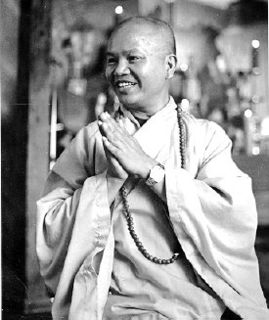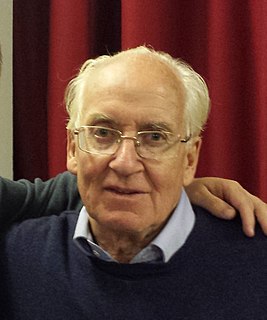A Quote by Eugene Delacroix
Everything is a subject; the subject is yourself. It is within yourself that you must look and not around you... The greatest happiness is to reveal it to others, to study oneself, to paint oneself continually in [one's] work.
Related Quotes
It is enough that one surrenders oneself. Surrender is giving oneself up to the original cause of one's being. Do not delude yourself by imagining this source to be some God outside you. One's source is within oneself. Give yourself up to it. That means that you should seek the source and merge in it.
In a play, certainly, the subject is of more importance than in any other work of art. Infelicity, triviality, vagueness of subject, may be outweighed in a poem, a novel, or a picture, by charm of manner, by ingenuity of execution; but in a drama the subject is of the essence of the work-it is the work. If it is feeble, the work can have no force; if it is shapeless, the work must be amorphous.
Studying the Buddha way is studying oneself. Studying oneself is forgetting oneself. Forgetting oneself is being enlightened by all things. Being enlightened by all things is to shed the body-mind of oneself, and those of others. No trace of enlightenment remains, and this traceless enlightenment continues endlessly.
Against the suffering which may come upon one from human relationships the readiest safeguard is voluntary isolation, keeping oneself aloof from other people. The happiness which can be achieved along this path is, as we see, the happiness of quietness. Against the dreaded external world one can only defend oneself by some kind of turning away from it, if one intends to solve the task by oneself.






































